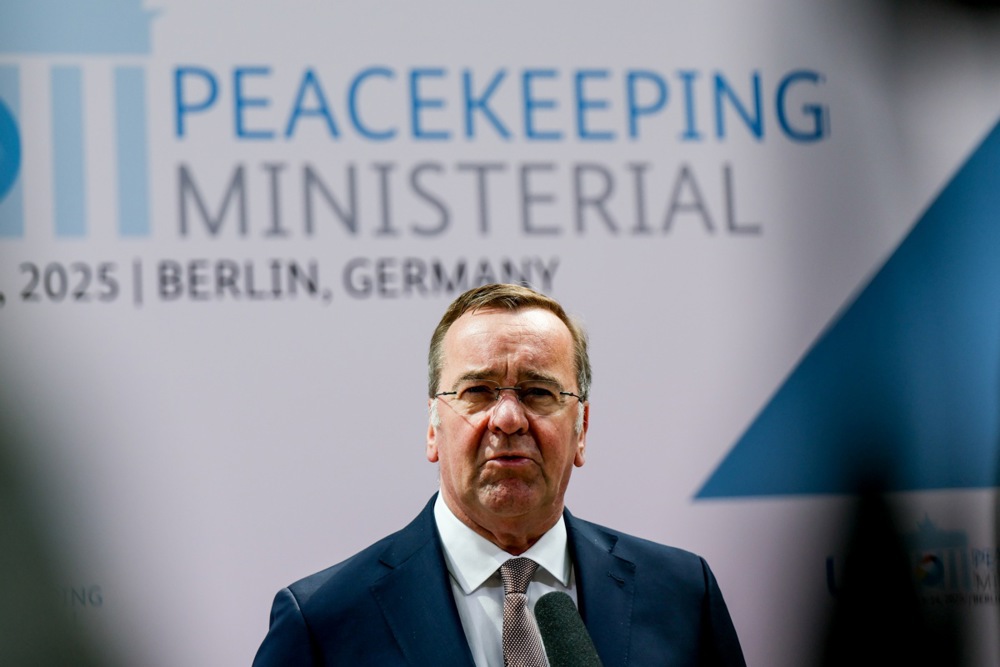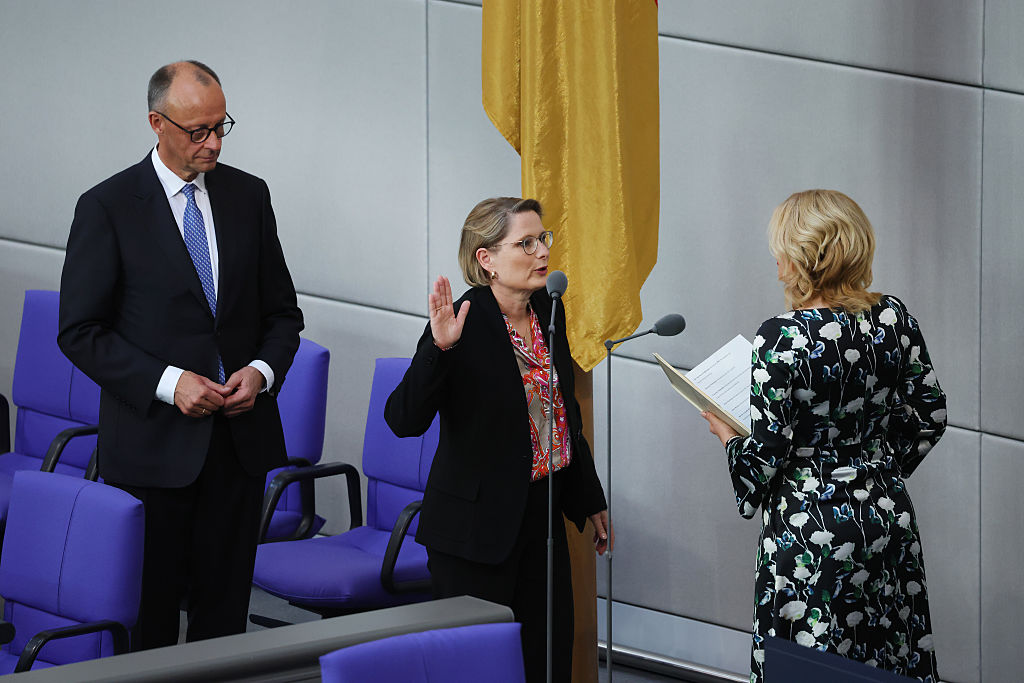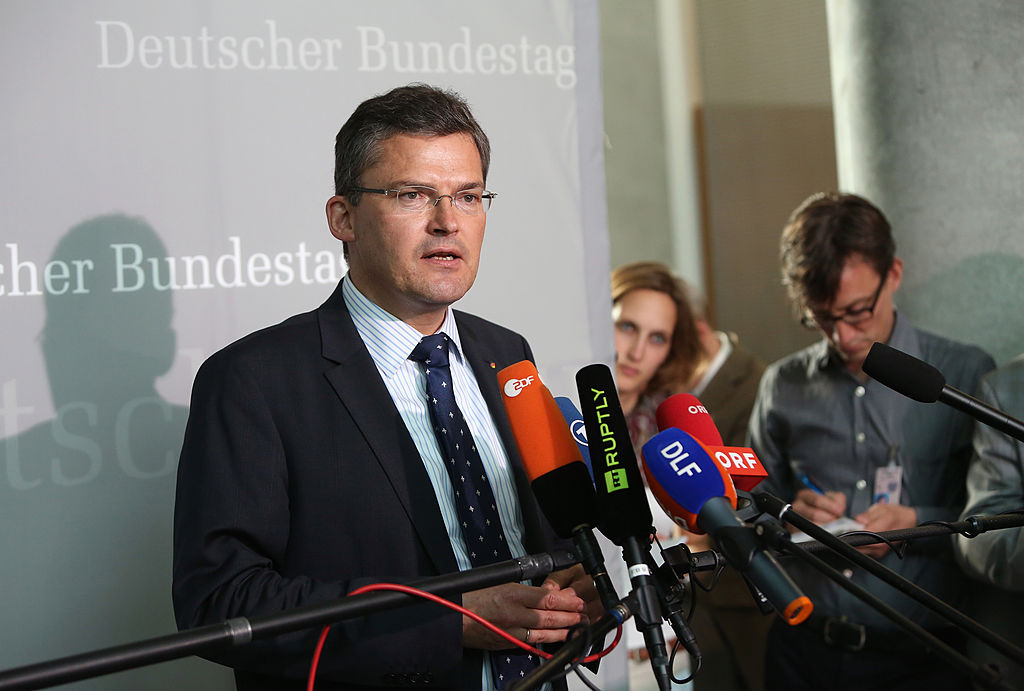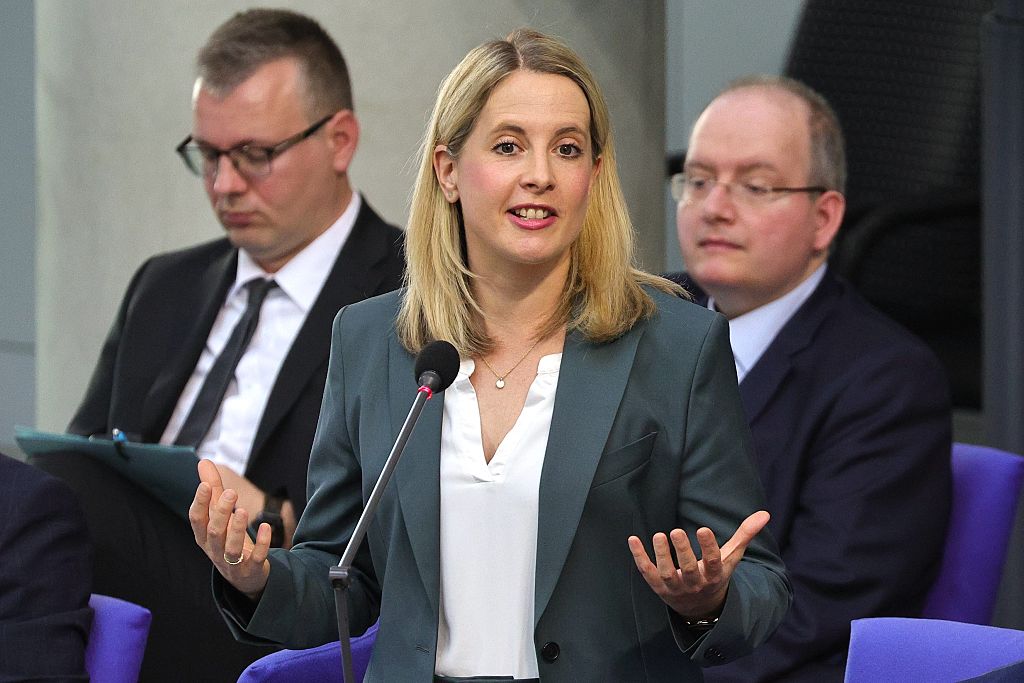The German military will have to vastly expand its personnel count to keep up with new demands by the North Atlantic Treaty Organisation (NATO) – which might bring back the military draft, according to media sources.
On June 3, the 32 member states were expected to set their new capability targets at the meeting of defence ministers in Brussels with a formal adoption to take place at a NATO summit in The Hague later in June.
For these capability targets, an 80,000 additional German military personnel would be required as newspaper Handelsblatt reported on June 2, citing internal sources at the Bundeswehr, or combined German armed forces.
Brussels Signal reached out to the German defence ministry for comment but had not received a reply at the time of writing.
NATO reportedly expected Germany to field an additional seven brigades comprising more than 5,000 soldiers each. Currently, the German army comprises nine brigades.
In addition, significantly more staff would be needed in other sectors. Aside from expanding troop headcount, Germany was expected to play a leading role in air defence within NATO.
The target headcount should be reached within 15 years, according to the sources.
The Bundeswehr would likely have its work cut out to achieve the targets. So far, the German army has repeatedly missed its previous aimed-for headcount of 203,000 personnel.
As of April 2025, there were 182,000 men and women serving in the armed forces.
The increasing demands for new soldiers now made the speedy reintroduction of the military draft for German men more probable, experts said. According to the Bundeswehr sources, Germany could not reach the target headcount without introducing some form of compulsory military service.
Berlin abolished conscription in 2011. The new government of chancellor Friedrich Merz (CDU) had decided to stick to voluntary service “initially”, although defence minister Boris Pistorius (SPD) had hinted in May that the draft might return sooner than many may have expected.
Pistorius’ remarks came before the announced need for additional soldiers to meet the NATO targets, which may speed up the return of the draft process further.
The refined personnel aims were the result of month-long negotiations, based on a threat assessment and prescribed troop and weapons systems targets for each member of the military organisation.
“With the new NATO planning goals, Germany’s contribution for the alliance will become significantly bigger,” Alfons Mais, the official German Inspector of the Army, said on May 30 at a meeting of army members and defence contractors in Berlin.
The high price of the new defence plans was also illustrated by the Dutch Government on May 20, which calculated the Netherlands’ costs for meeting its share of the NATO capability targets at €16 billion to €19 billion per year on top of its existing defence budget.





